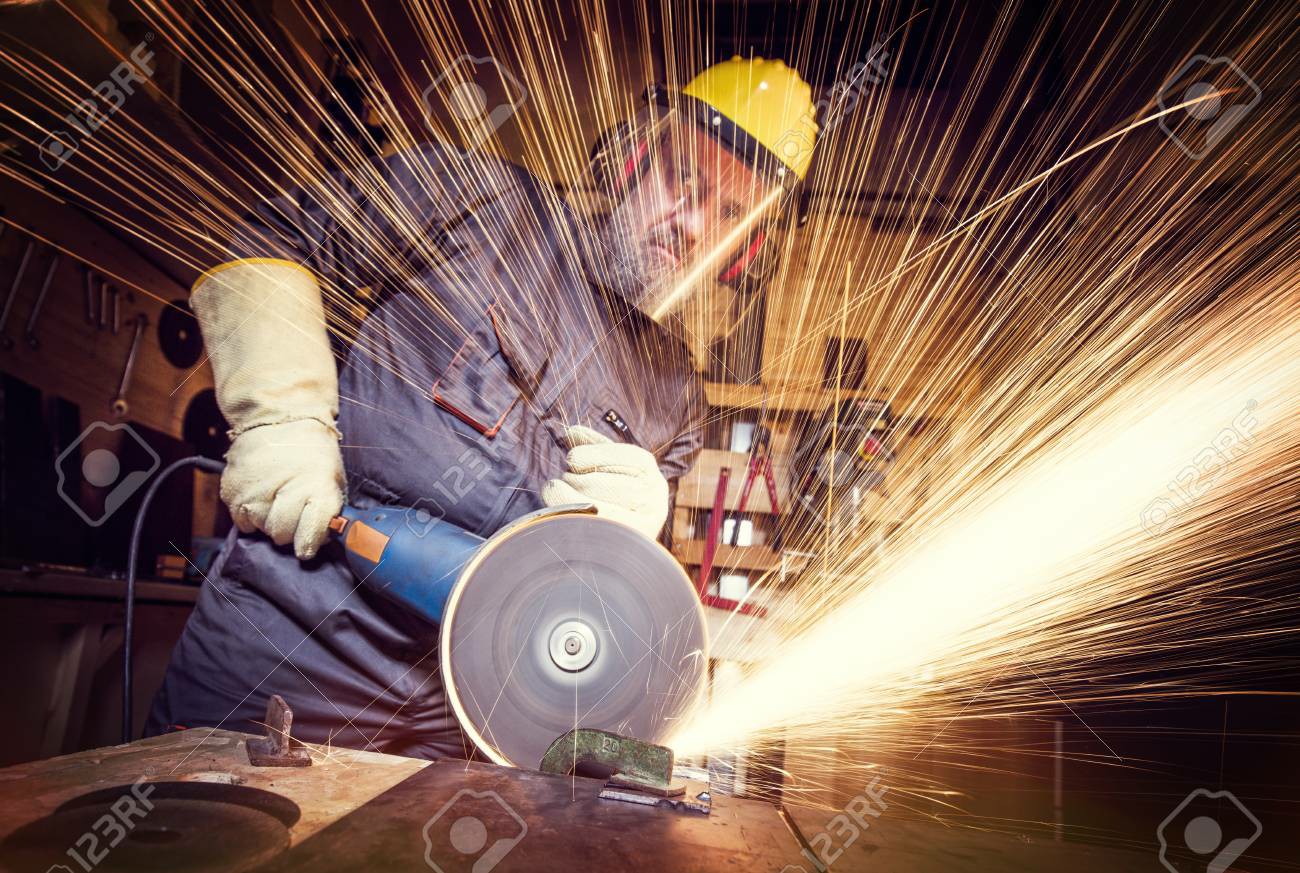


 349,500 Offered Certificates
349,500 Offered Certificates
 24/7 Online Training
24/7 Online Training
 Money Back Guarantee
Money Back Guarantee
 Fully Accredited Courses
Fully Accredited Courses

Created at: 22-02-2025 20:20
In various industries, the effective use of Abrasive Wheels is crucial for producing high-quality outputs. However, improper handling and usage can result in significant workplace injuries. This blog will explore how certified Abrasive Wheels training is fundamental in ensuring safety and reducing the prevalence of accidents across Dublin, Cork, Galway, Limerick, and beyond.
Abrasive wheels, if mishandled or poorly maintained, can become a severe risk. Statistics indicate that thousands of workplace accidents in Ireland stem from improper use of these tools. Common hazards include:
According to recent data, workplace accidents remain a pressing issue. For example:
These figures highlight the critical need for enhanced training in safe operational practices.
The implications of workplace injuries are profound and far-reaching:
Therefore, investing in proper Abrasive Wheels training in Ireland is not just a regulatory compliance measure; it’s a smart business strategy.
Implementing comprehensive Abrasive Wheels training courses significantly reduces risks. Here are several ways education on safe practices helps:
Industry experts advocate that focused training significantly alters a workplace’s safety culture. A safety officer in Dublin remarked, "Training not only equips staff with essential skills but also instills a safety-first mindset that permeates the entire workforce."
Another expert highlighted the importance of continual education, stating, “In today’s fast-paced work environment, refresher courses can keep safety concerns top-of-mind for employees.”
To fortify workplace safety regarding abrasive wheels, businesses should implement the following best practices:
Proper Abrasive Wheels training is essential for preventing injuries and fostering a culture of safety in the workplace. As businesses in Dublin, Cork, Galway, Limerick, Waterford, and other cities across Ireland evaluate their safety protocols, investing in quality training programs emerges as a prudent step. Through proactive measures, companies not only protect their employees but also secure their operations against the risks associated with abrasive wheels.
Ready to enhance your workplace safety? Enroll your team in our certified Abrasive Wheels training courses today! Visit our website or contact us at [email protected].